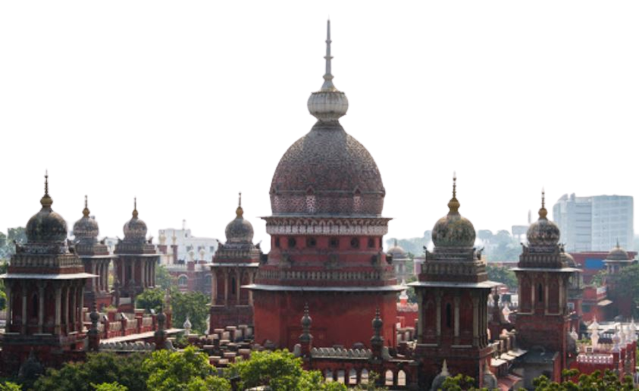


Madras High Court Recognizes 'Untouchability' Beyond Caste, Encompassing All Forms of Social Exclusion Based on Inferiority Beliefs
In a recent ruling, the Madras High Court broadened the understanding of "untouchability" to include not only caste-based practices but also all forms of social ostracism and exclusion rooted in notions of purity/pollution and hierarchy/subordination.
The High Court's observations came during a case concerning the membership rules of the Madras Bar Association, which were challenged for being elitist and exclusionary.
Justice SM Subramaniam emphasized that Article 17 of the Constitution, which prohibits untouchability, should be interpreted expansively. According to the court, the constitutional prohibition extends not only to caste-based untouchability but also to practices resembling it, focusing on social subordination, exclusion, and segregation.
The court was hearing a plea filed by Senior Advocate Elephant G Rajendran, who alleged that his son, a non-member, was denied drinking water at the MBA Hall. Rajendran claimed that the Association was attempting to establish an elite class by imposing stringent membership requirements that hindered ordinary lawyers from joining.
While Rajendran initially alleged caste discrimination, the court clarified that it was a case of class discrimination. The court further noted that even class discrimination could be deemed untouchability when based on economic status.
The court referred to the discussions in the Constituent Assembly, where an amendment to confine untouchability to religion or caste was rejected. The Assembly recognized untouchability in a broader sense, closely linked to the provisions of Article 15, which guarantee equal social conditions. Article 17 was viewed as a remedial clause to address social inequities, stigma, and disabilities faced by those left behind in social and economic matters.
The court stressed that the Constitution aimed not only for independence from colonial rule but also to overcome prevailing social hierarchies. Consequently, the court urged a broad interpretation of these constitutional clauses to uphold their transformative purpose.
Additionally, the court acknowledged that reputation was a personal right and an essential component of personal security, protected by the Constitution along with the right to life, liberty, and property. Lawyers, in particular, enjoyed a reputation that served as a valuable asset and revenue generator.
By recognizing that untouchability extends beyond caste and encompasses all forms of social exclusion based on the belief in inferiority, the Madras High Court's ruling marks a significant step towards combating discriminatory practices and promoting social equality.
TAGS: Madras High Court 'Untouchability' caste-based social exclusion social ostracism ritual ideas of purity/pollution hierarchy/subordination membership rules Madras Bar Association elitist exclusionary Justice SM Subramaniam constitutional prohibition social subordination economic status Senior Advocate Elephant G Rajendran class discrimination Constituent Assembly Article 17 Article 15 equal social conditions social inequity social stigma social disabilities transformative purpose reputation personal security right to life liberty property lawyers revenue generator inferiority beliefs discriminatory practices social equality.